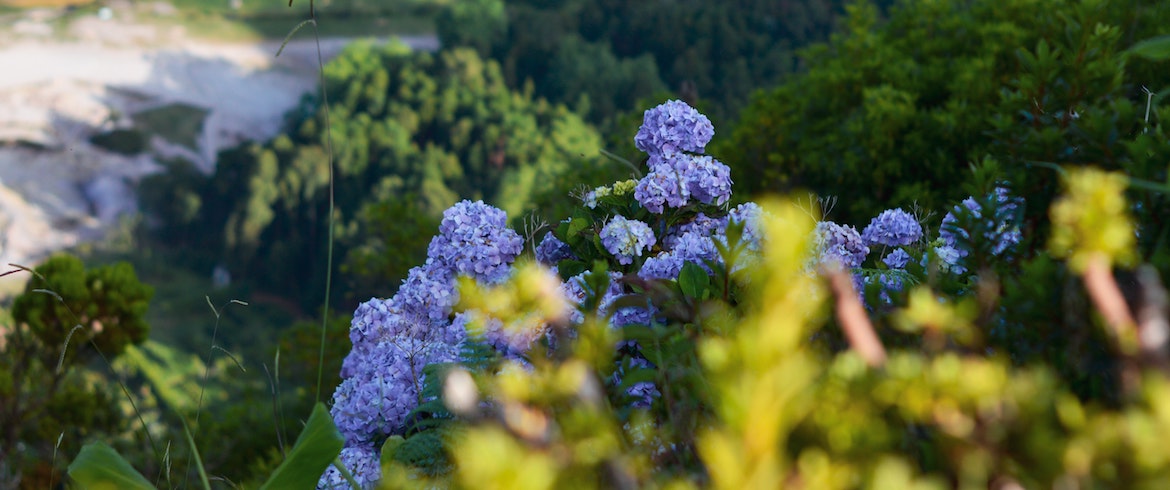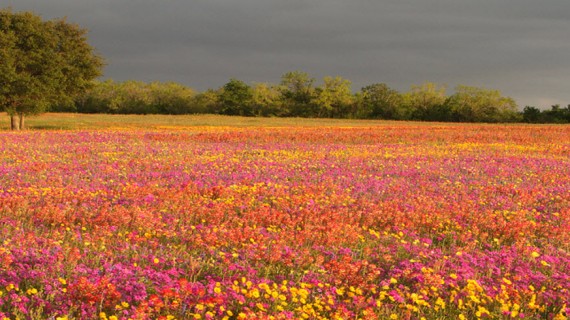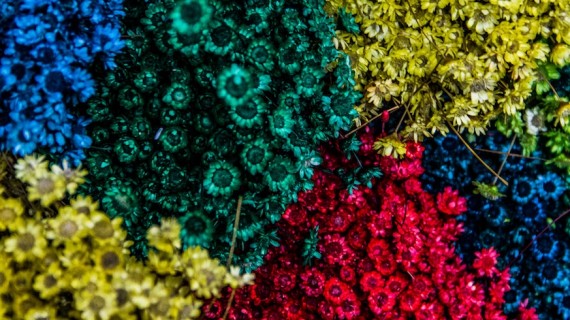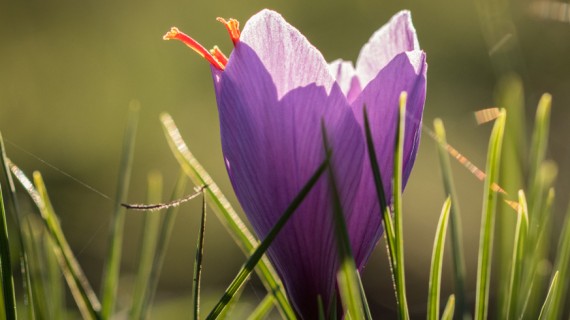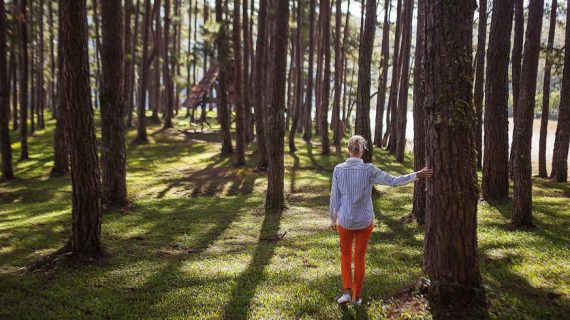Every choice we make has an impact on our surroundings. It is also true for the decisions made by a hotelier, by a manager of a B&B or a farmhouse; theirs are decisions that affect the environment and biodiversity. What does this mean? What can an accommodation facility do to defend and promote biodiversity?
Biodiversity plays a fundamental role in our life, more than we think. The variety of organisms and ecosystems and their constant and delicate balance allow us to have food, fresh water, materials for our homes and our clothes, and protect us from the most extreme weather events, regulating the climate. Biodiversity is everywhere, and in fact its products are also found inside the hotels: there is the restaurant food, the wood of the furnishings, the spa cosmetics, the plants in the garden. That’s why every accommodation can make a difference. That’s why every choice we make matters.
How can you protect biodiversity in your hotel?
We become more aware every day of how much man has the power to damage biodiversity, and for this reason we all have a duty to defend it. In the daily management of your hotel you can make simple but important choices that promote the diversity of organisms and the ecosystem that hosts you. Let’s see what are the consequences behind each choice and what are the right ones for the environment.
Sustainable food
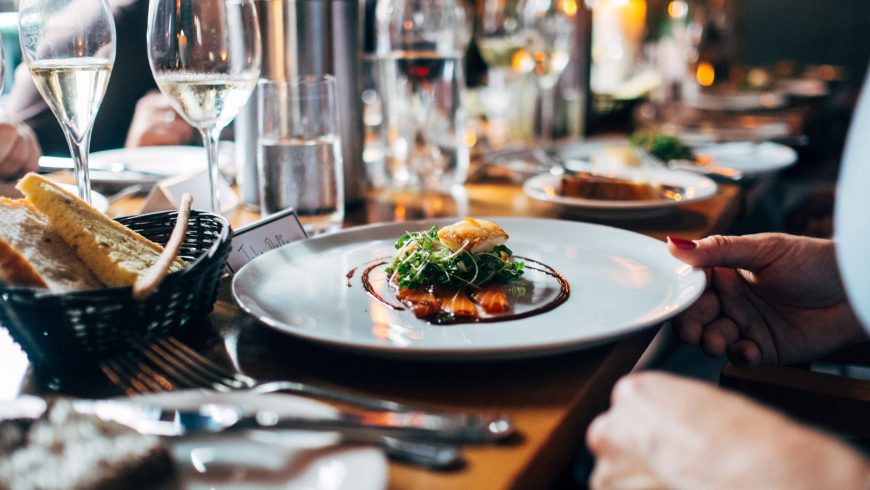
There are several ways in which food can be harvested, grown and produced, and each of them has a different impact on biodiversity. Intensive agriculture uses pesticides and fertilizers that have negative impacts on biodiversity, and also require a high use of soil and water. Monoculture plantations lead to a loss of traditional varieties. Instead, organic farming minimizes the use of artificial pesticides and often chooses local, even ancient, varieties of fruit and vegetables. Intensive farming requires a large amount of feed which is often produced in intensive agriculture fields, uses antibiotics and produces a large amount of manure and waste, which if not carefully disposed of can lead to a large environmental risk. Small farms are more sustainable, often use land unsuitable for agricultural production and use feed produced on the same farm. Uncontrolled overfishing harms marine ecosystems and biodiversity, also leading to a significant decrease in the fish we eat.
In your hotel you can protect biodiversity by purchasing food from sustainable sources, preferring local products, installing a vegetable garden and promoting the benefits of sustainable nutrition among your guests, both in terms of health and taste.
Organic cosmetics
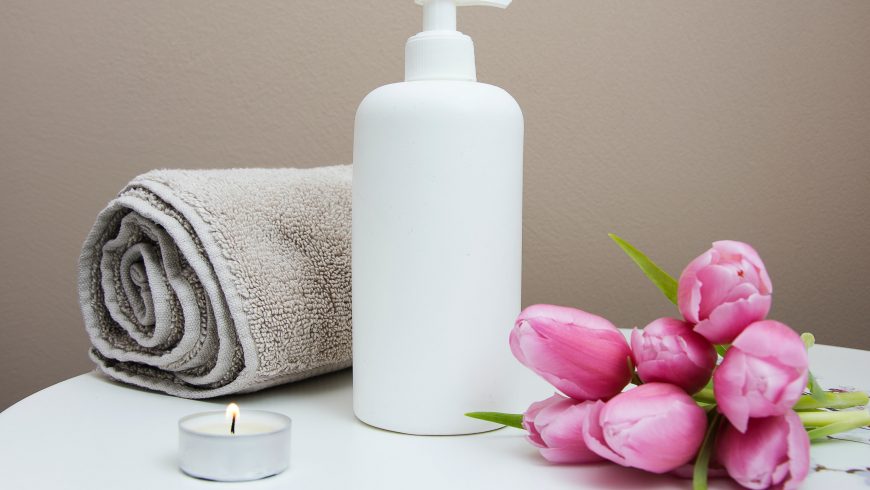
We have always used plants for our health and well-being. Consumption of body care products derived from plants is constantly increasing, but not all of them are the same. If on the one hand the collection of wild plants useful for producing cosmetics can represent an important livelihood for rural populations, on the other hand if this collection is not managed in a sustainable way it can lead to the extinction of the plants and therefore to a damage to the entire ecosystem. The Sandalwood tree is an example: the species is now seriously threatened in India, Indonesia, Papua New Guinea and the South Pacific due to the abatements aimed at extracting its oil for the creation of body care products.
Offer your guests quality cosmetic products, checking that the plant-based components have been harvested fairly and sustainably. You can also finance small businesses that promote the development of plant-based soaps and perfumes to provide livelihoods for the local population.
Furniture that respects biodiversity
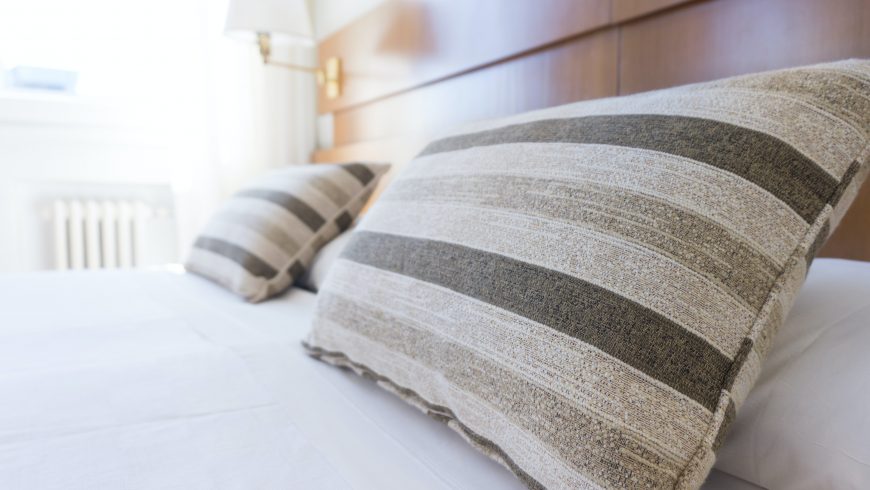
Wooden furnishings are not always an environmentally friendly choice: the unsustainable use of this material threatens entire forests around the world. Deforestation destroys entire ecosystems, while intensive plantations can damage the environment due to the conversion of the habitat and the use of pesticides. Forests are home to more than half of the world’s biodiversity on land, protect reservoirs, stabilize land to prevent erosion and moderate climate change. Unsustainable forest management also has social and economic implications.
You can contribute to the protection of forests by choosing wooden furniture from sustainable sources for your hotel, preferring the most common types of wood, reusing it whenever possible and buying used items.
Gardens with native plants
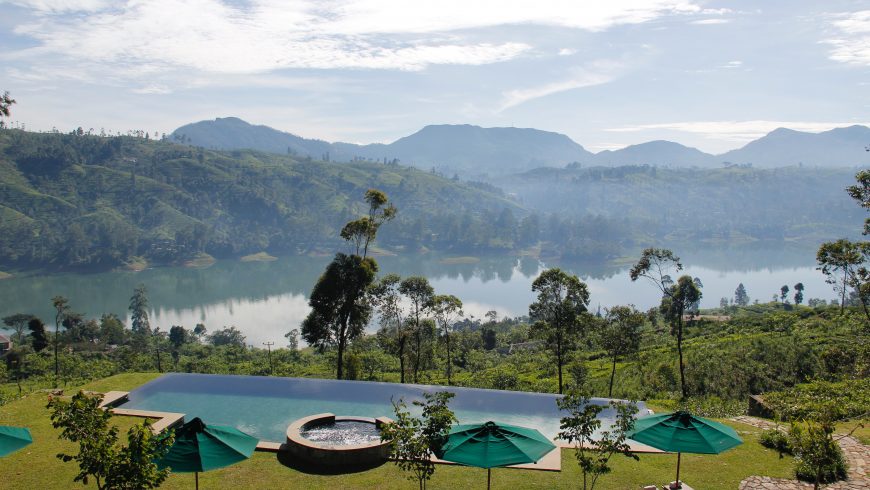
Maintaining the outdoor spaces of a hotel can have negative effects on biodiversity due to the use of pesticides, excessive consumption of water and the use of invasive species that cause substantial damage to native species and disrupt the natural processes of the ecosystem. In addition, converting natural habitats for recreational use also means reducing the overall space available for wildlife.
It is possible to create a garden that respects biodiversity: plant local autochthonous species in your hotel, avoiding invasive ones; provide suitable nesting places for birds, cultivate attractive plants for butterflies and verify that the lighting and noise pollution of the accommodation does not adversely affect wildlife.
Responsible activities
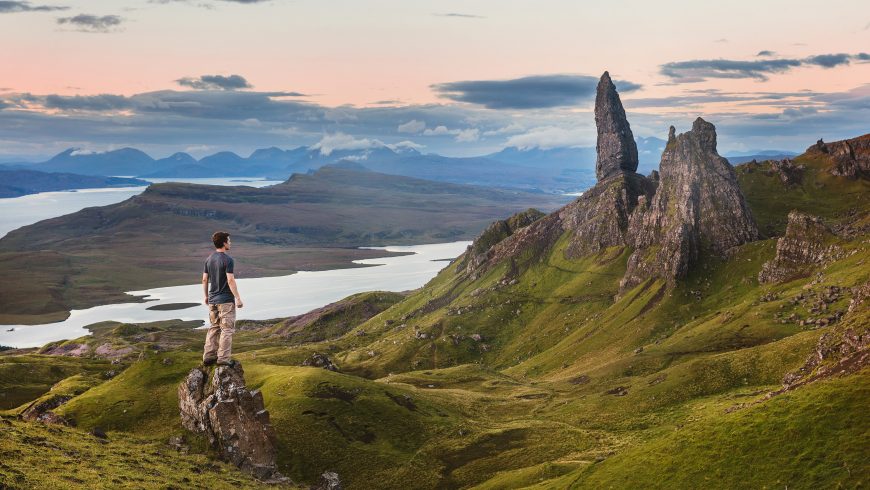
Your hotel has an impact on biodiversity not only within its borders. The activities you offer to your guests can in fact damage the environment or, on the contrary, promote wildlife conservation. Many tourist activities increasingly involve interaction with the natural world, so it is essential to give your guests the opportunity to enjoy local biodiversity responsibly.
Point out to your guests the itineraries of sustainable tourism and collaborate with local organizations that are committed to the protection of local fauna.
